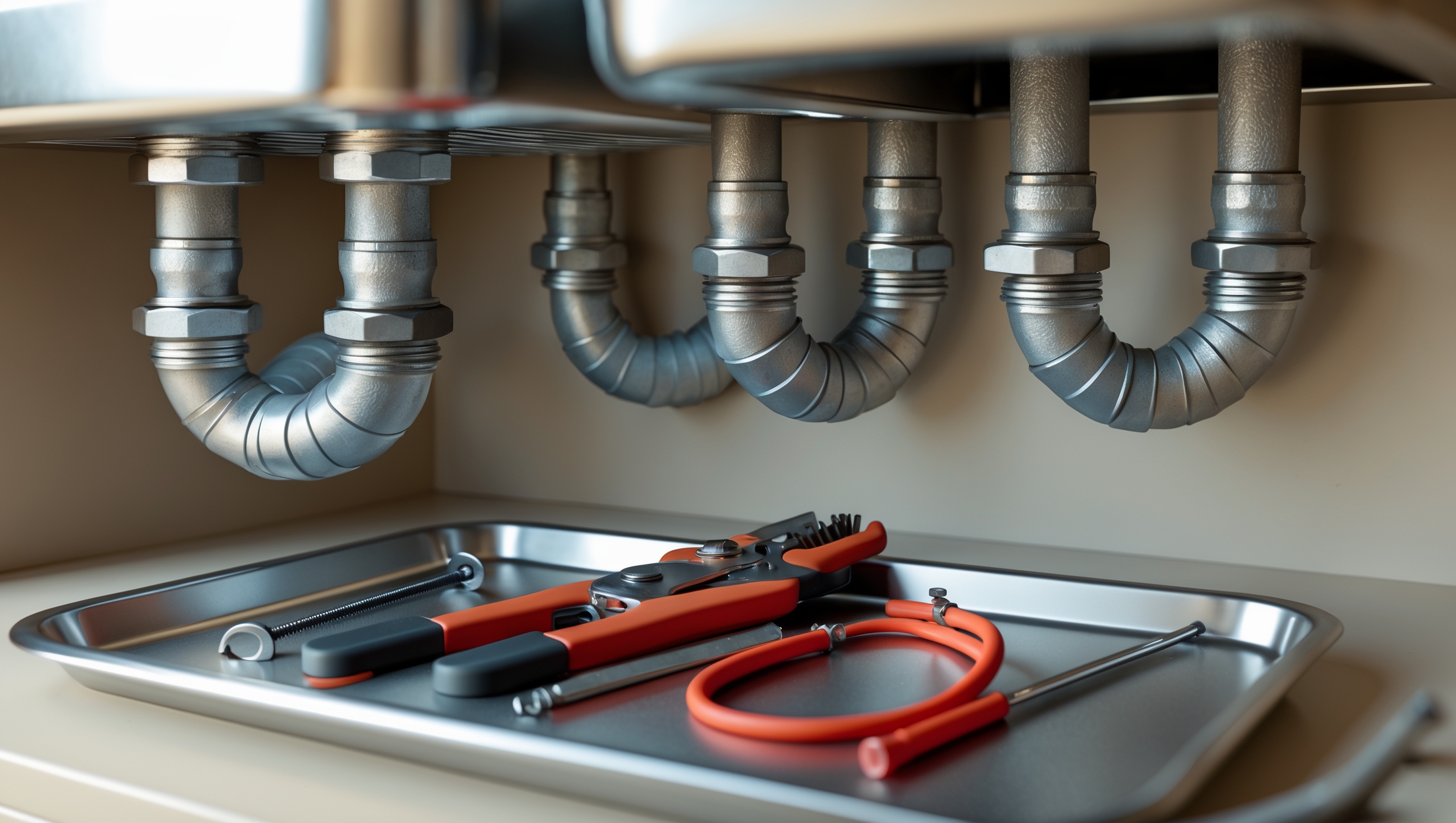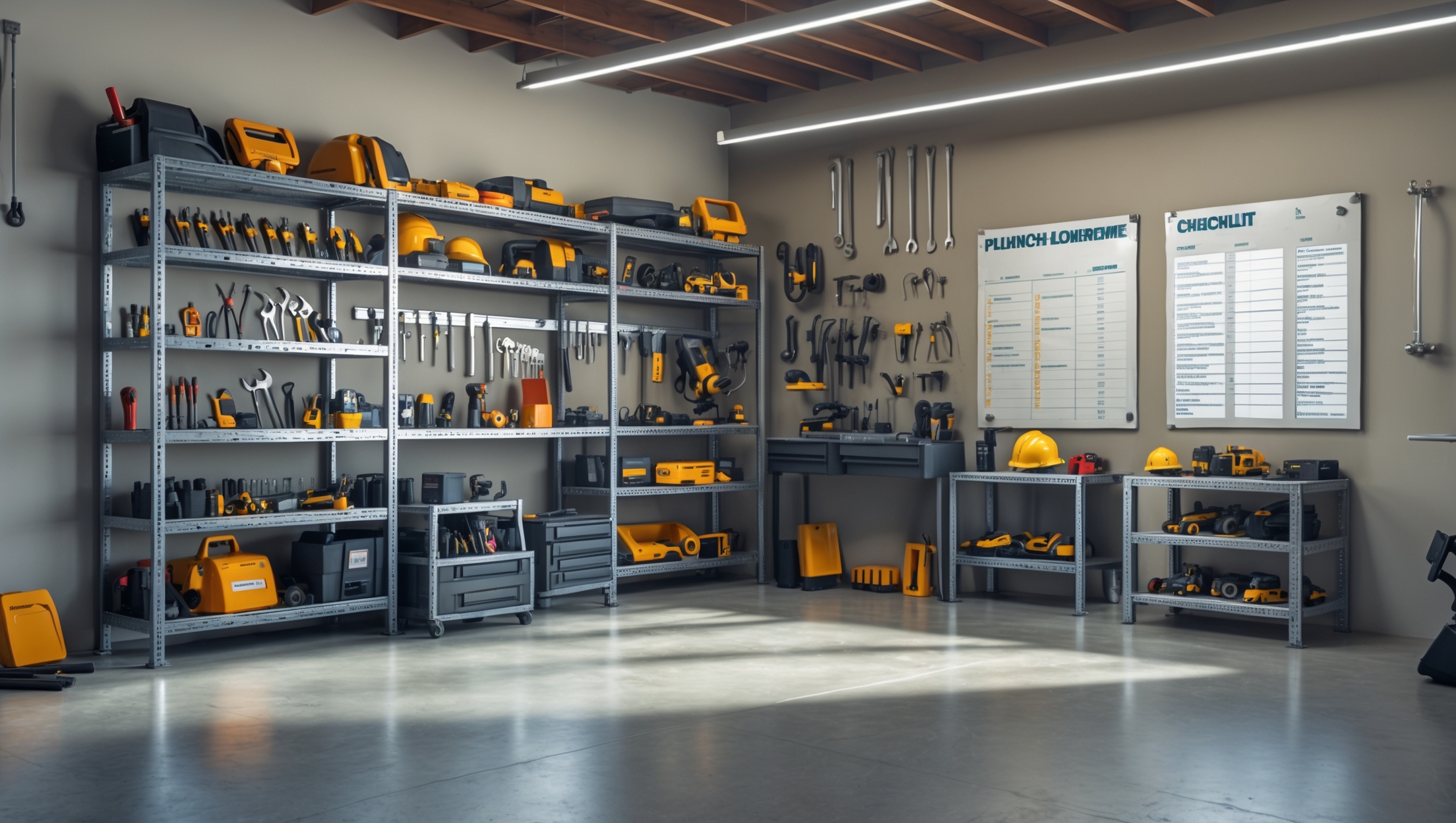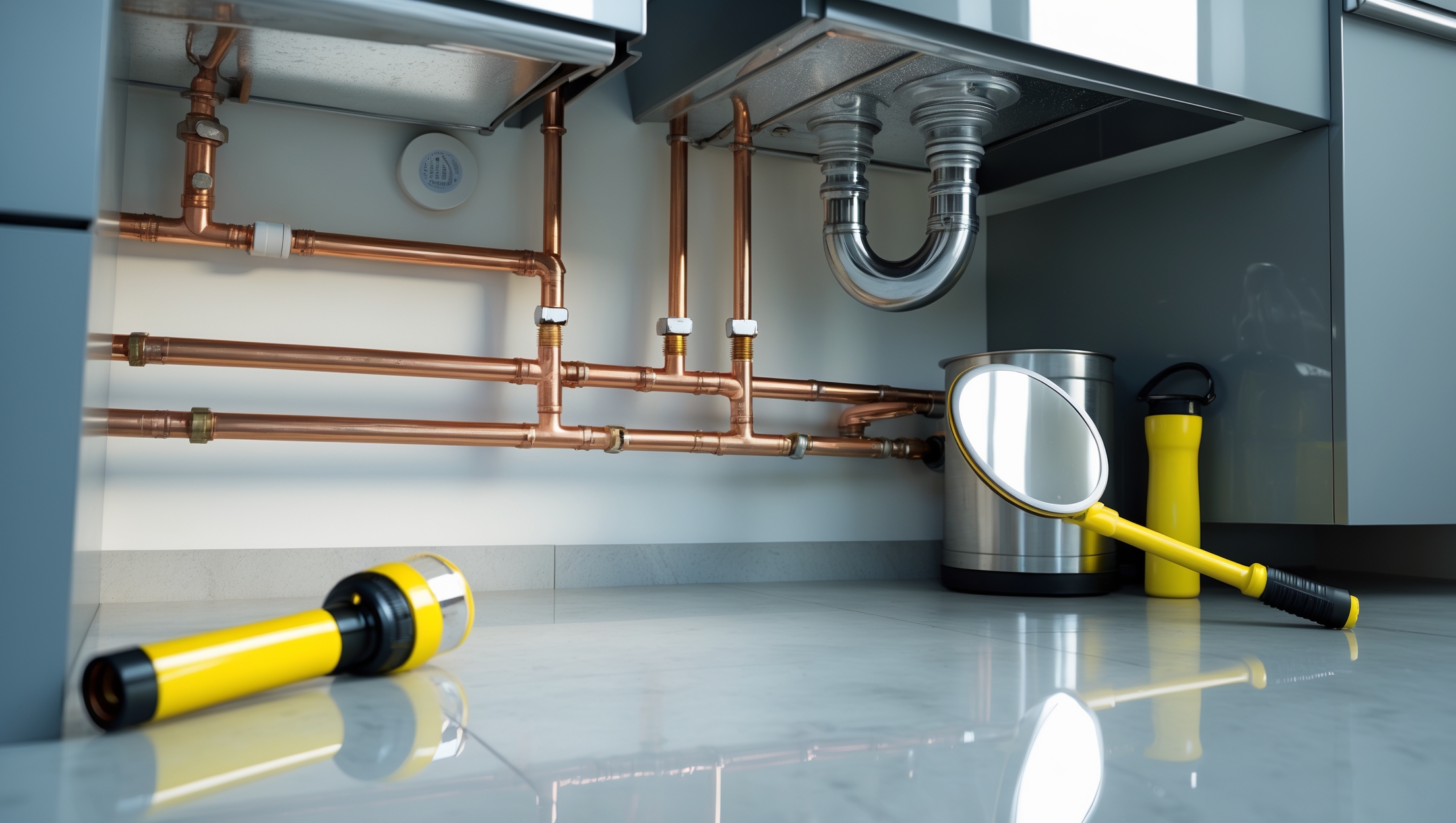Introduction: Why Plumbing Insurance Isn’t Optional
Running a plumbing business comes with unique risks—unexpected water damage, accidental property breakage, or even injury on the job-site. Whether you’re a solo operator or manage a team, plumbing insurance isn’t just a bureaucratic hurdle; it’s your financial safety net and a sign of professionalism your clients expect. In the ever-changing landscape of building codes, client expectations, and legal requirements, understanding insurance essentials can be the difference between business continuity and a costly setback. This in-depth guide is designed for plumbing contractors and business owners seeking clarity on what insurance policies are crucial, how to stay compliant, how to assess costs, and how to make smart coverage choices. We’ll debunk common misconceptions, walk through real-life scenarios, and share practical tips for protecting your business and reputation.
Understanding the Basics: Types of Insurance Every Plumbing Contractor Needs
Plumbing insurance isn’t a single policy. It’s a tailored set of protections. Here’s what every contractor should consider:
- General Liability Insurance – Covers bodily injury and property damage to third parties due to your work. Essential for every job site.
- Workers’ Compensation Insurance – Legally required in most states if you have employees. Covers medical costs and lost wages from job-related injuries.
- Commercial Auto Insurance – If you drive vehicles for business, this covers accidents, property damage, and liability on the road.
- Professional Liability (Errors & Omissions) – Protects against claims of faulty work, negligence, or failure to deliver services as promised.
- Tools & Equipment Insurance – Covers loss, theft, or damage to your valuable gear, whether on-site or in transit.
- Umbrella Insurance – Provides extra liability coverage above your other policies’ limits.
- Bonding – Not insurance, but many clients (and states) require surety bonds to guarantee contract fulfillment.
Legal Requirements: Compliance and Risk Management
State and Local Mandates
Insurance requirements can vary dramatically by state and even municipality. Most require plumbers to carry general liability and workers’ compensation (if you have employees). Failing to comply can result in fines, license suspension, or lawsuits.
- Check your state licensing board’s website for specific mandates.
- Some cities/counties require additional bonding or proof of insurance for permit approval.
Client Contracts and Commercial Work
Many commercial clients, property managers, and general contractors will not work with uninsured plumbers. Insurance is often a contract requirement, and proof of coverage may be requested before work begins.
Breaking Down the Costs: Budgeting for Plumbing Insurance
What Affects Your Premiums?
Insurance isn’t one-size-fits-all. Here are the main factors that affect costs:
- Business Size – More employees and higher revenue generally increase premiums.
- Types of Services – High-risk work (e.g., commercial, new construction) costs more to insure than routine residential service.
- Claims History – Fewer past claims can lead to discounted rates.
- Coverage Limits and Deductibles – Higher limits or lower deductibles increase cost.
- Location – Rates vary by state, city, and even ZIP code based on local risk factors.
Average Costs (2024 Estimates)
- General Liability: $400–$1,500/year for small businesses
- Workers’ Compensation: $1,000–$3,000/employee/year
- Commercial Auto: $1,200–$2,500/vehicle/year
- Professional Liability: $500–$2,000/year
- Tools & Equipment: $250–$800/year
Bundling policies with the same provider often leads to savings. Always request quotes from multiple insurers.
Common Insurance Myths Debunked
- “My homeowner’s or personal auto policy covers my business.” – False. Personal policies exclude business-related claims. Always use commercial policies for business activities.
- “General liability covers my tools and equipment.” – False. Tools are rarely covered under general liability; you need a specific tools & equipment policy.
- “I’m a one-person operation, so I don’t need insurance.” – False. Even solo contractors face liability risks. Some states require insurance for licensing, regardless of business size.
- “Insurance is too expensive for new businesses.” – In reality, a single claim can cost far more than annual premiums. Many insurers offer affordable starter packages for new contractors.
Step-by-Step Guide: Getting the Right Plumbing Insurance
1. Assess Your Risks and Needs
List every service you provide, the value of your equipment, your employee count, and any unique risks (e.g., work in high-rise buildings, gas line installations).
2. Research State and Local Requirements
Start with your state licensing board, then check with your local government and any client contract requirements.
3. Compare Policies and Providers
- Get at least three quotes for each type of coverage you need.
- Ask about bundling discounts and claim response times.
- Read the fine print: what’s excluded? Are subcontractors covered?
4. Evaluate Coverage Limits and Deductibles
- Choose limits that reflect your typical project size and potential worst-case scenarios.
- Balance lower deductibles with premium costs; don’t underinsure to save money upfront.
5. Keep Documentation Organized
Maintain digital and hard copies of all policies, certificates, and endorsements. Many clients will request a Certificate of Insurance (COI) before work starts.
What Happens Without Insurance? Real-World Scenarios
- Case 1: A burst pipe floods a client’s finished basement. Without general liability coverage, the contractor faces a $50,000 repair bill—potentially bankrupting the business.
- Case 2: An employee slips, breaking a wrist on the job. Without workers’ comp, the business is liable for medical bills and lost wages, plus possible fines for noncompliance.
- Case 3: Theft of $10,000 in tools from a van overnight. Without tools & equipment coverage, the contractor loses essential gear and must pay out of pocket to replace it.
Insurance turns unpredictable disasters into manageable problems, allowing your business to survive setbacks and maintain client trust.
Best Practices: Managing and Reviewing Your Insurance
- Schedule annual policy reviews, especially after major business changes (growth, new services, new equipment).
- Promptly report any incidents to your insurer, even if you’re unsure about making a claim.
- Train employees on proper safety procedures to minimize claims and keep premiums in check.
- Maintain accurate records of all jobs, client contracts, and insurance documents.
- Evaluate your provider’s reputation—quick claims processing and responsive support matter.
Frequently Asked Questions
Are subcontractors covered by my insurance?
Generally, subcontractors are not covered by your policies unless specifically named. Require all subs to show proof of their own insurance.
Do I need insurance if I only do residential repair?
Yes. Even small jobs carry risks. Many homeowners and property management companies require proof of insurance before letting you work.
How do insurance claims affect my premiums?
Frequent or large claims can increase your premiums at renewal. Focus on safety and quality control to keep claims—and costs—low.
Conclusion: Protecting Your Business, Your Clients, and Your Peace of Mind
Plumbing insurance isn’t just about meeting legal requirements—it’s a foundation for business security and growth. With the right coverage, you protect your finances from unexpected disasters, meet client and regulatory expectations, and gain a competitive advantage in a crowded marketplace. Choosing the right policies doesn’t have to be overwhelming: start with a clear assessment of your risks, understand your state and client requirements, and work with reputable insurers who understand the plumbing industry. Regularly reviewing your coverage ensures you’re never under- or over-insured as your business evolves. Don’t let misconceptions or cost fears put your business at risk—a tailored insurance plan is an investment in your company’s future. By proactively managing your insurance, you demonstrate professionalism, build trust with clients, and gain the peace of mind needed to focus on what you do best: delivering top-quality plumbing solutions.











Michael Martinez
What steps should I take if a client claims I caused accidental property damage during a job, even though I don’t think I was at fault? Should I contact my general liability insurer immediately, or is there a process I should follow first?